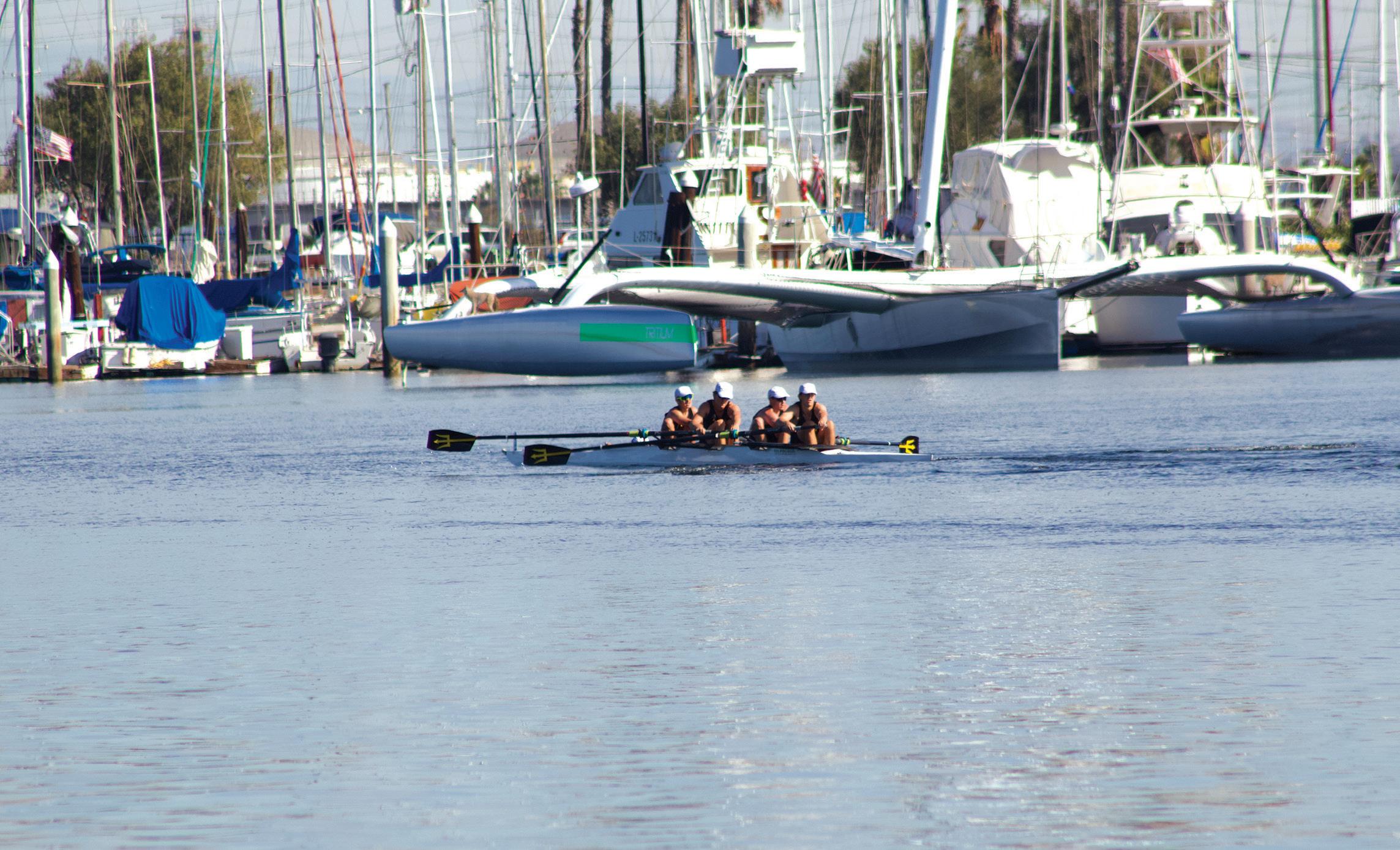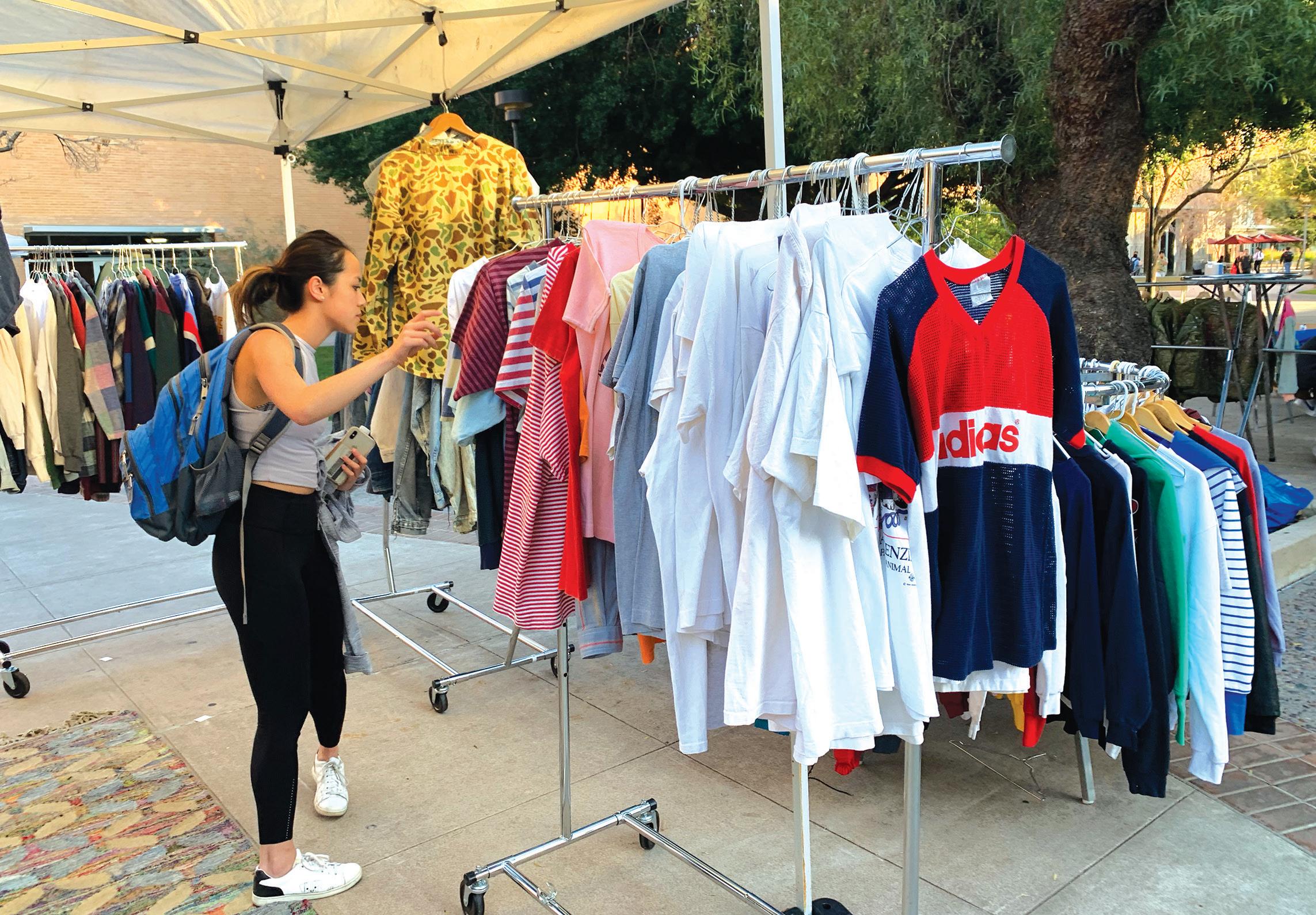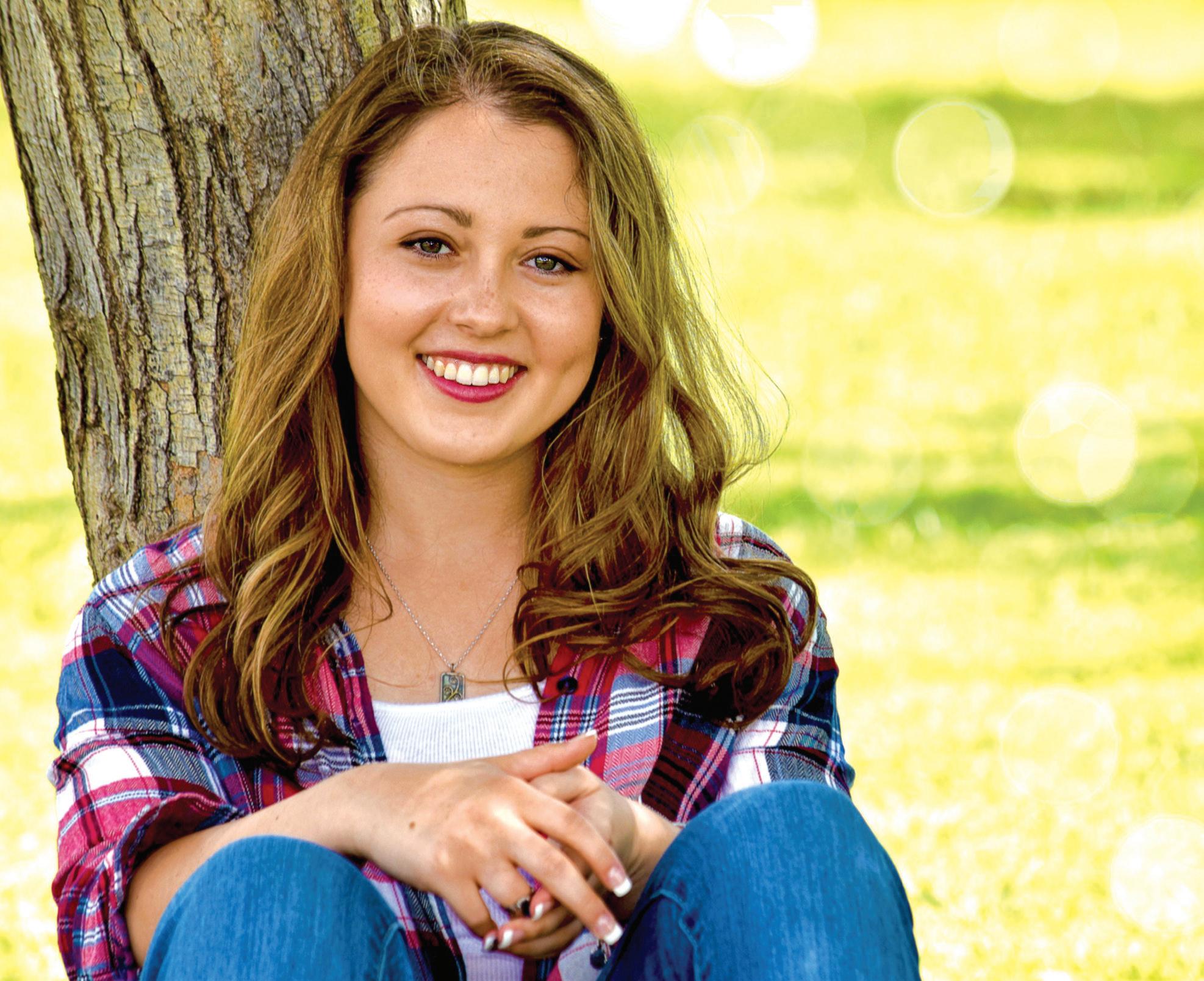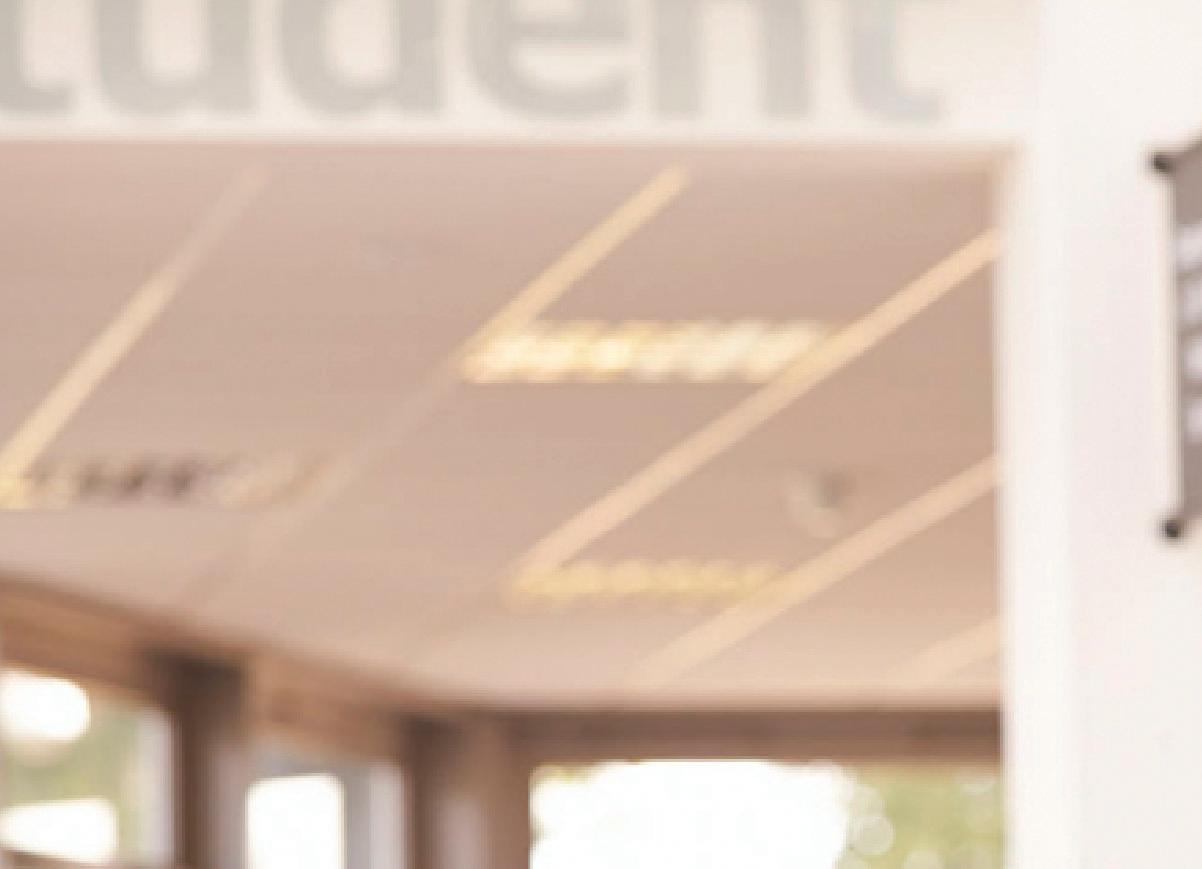SUCCESS
SUSTAINABLE SELLING
ASU STUDENTS REDUCE CLOTHING WASTE WITH MONTHLY STREET MARKET
The University Street Market, founded by Matt Welter and Will Lorant, right, will resume next semester. • (PHOTOS BY KYLEE GILLESPIE)
KYLEE GILLESPIE COLLEGE TIMES
A
student-run vintage market at ASU Tempe is helping reduce the clothing waste. Co-founded by Will Lorant and Matt Welter, University Street Market encourages socially responsible consumerism by offering a large selection of repurposed items. A junior, Lorant says their idea came to fruition in April 2019 and dubbed it “a big hit” for the two entrepreneurs. But the road to success was long—since the duo’s freshman year. To get their idea off the ground, Lorant and Welter relied on ASU Campus Student Sustainability Initiatives (CSSI) sponsorship, which helps students turn sustainable initiatives into concrete solutions. With approval from the Memorial Union event services, the ASU club sponsorship allowed Lorant and Welter to host the event on campus in front of the MU Starbucks. “There are no thrift events that are like this,” Lorant says. “I certainly developed a love for thrifting because I like the idea of getting your own personalized style and upcycling.” Millennials and Gen Z are the driving force for the rise of second-
hand clothing as they are 2.5 times more likely than any other age group to purchase secondhand apparel in 2019, according to Thredup, a fashion resale website for consumers to buy and sell secondhand clothing online. ASU Professor of Herberger Institute for Design Dennita Sewell says she noticed a significant increase in fashion environmental responsibility within her own classes. “The current interest in secondhand clothing and reusable fashion is definitely in reaction to fast fashion and the growing awareness of the environment damage that is being done,” Sewell says. University Street Market attracts many socially conscious consumers who also have a love for thrifting, according to Welter, also a junior. “A lot of our vendors and sellers are local to Phoenix who we found on Depop—a peer-to-peer social shopping app—with a great following on their social media.” Welter said. Lorant and Welter had 13 vendors and hoped to increase to 20 by the end of the semester, before the COVID-19 pandemic happened. “One of the vendors sold twothirds of what he brought within the first hour,” says Lorant, whose event was held monthly. “Altogether, the
6 ECOLLEGETIMES.COM | APRIL 2020
vendors made a little over $16,000.” Lorant and Welter, who have a love for thrifting at Goodwill, understand the society’s negative stigma associated with using secondhand clothes. People shopped in thrift stores such as Goodwill when there was no other alternative. However, the resale market for secondhand clothing is applauded today, according to Sewell, former curator of fashion design at Phoenix Art Museum. The same narrative can be said for Depop seller Daniel Villegas, who began thrifting at 16. “It’s just something me and my friends always did because we really couldn’t afford much,” Villegas says. "We would just go buy a shirt and skate in the parking lot.” The 23-year-old retired his khakis and red polo at Target and now thrifts and sells both online and at market vendors to financially support himself. “This is my full-time job and it is my passion; I have fun doing it,” Villegas says. “I can’t think of anything else I would want to do because I’ve always wanted to be a part of fashion.” When reaching out to vendors such as Villegas, Lorant and Welter say they look at the vendor’s experience and types of items and where
they mainly sell—Depop, eBay, flea markets and Grailed (an app for secondhand menswear designer items). “I’m excited for a community to build around this,” Lorant says. “We want to get this as a steady consistent event on ASU that people can look forward to and help us to continuously improve.” University Street Market hopes to provide affordable looks that are already present in the market and community. By taking the steps to eliminate fast fashion and other outlets of unfair production Lorant said they hope to bring awareness to the detriment of companies who outsource their clothing production. The secondhand clothes market in the United States has grown 21 times faster than retail sales of new clothing over the past three years, according to a Thredup report. “Secondhand clothing provides a viable and worthwhile solution for consumers to consider as part of their sustainable action plan,” Sewell says. “It’s every person’s responsibility to effect change.” The markets for the rest of the semester have been canceled due to the COVID-19 pandemic. For more information, visit universitystreetmarket.com. CT






